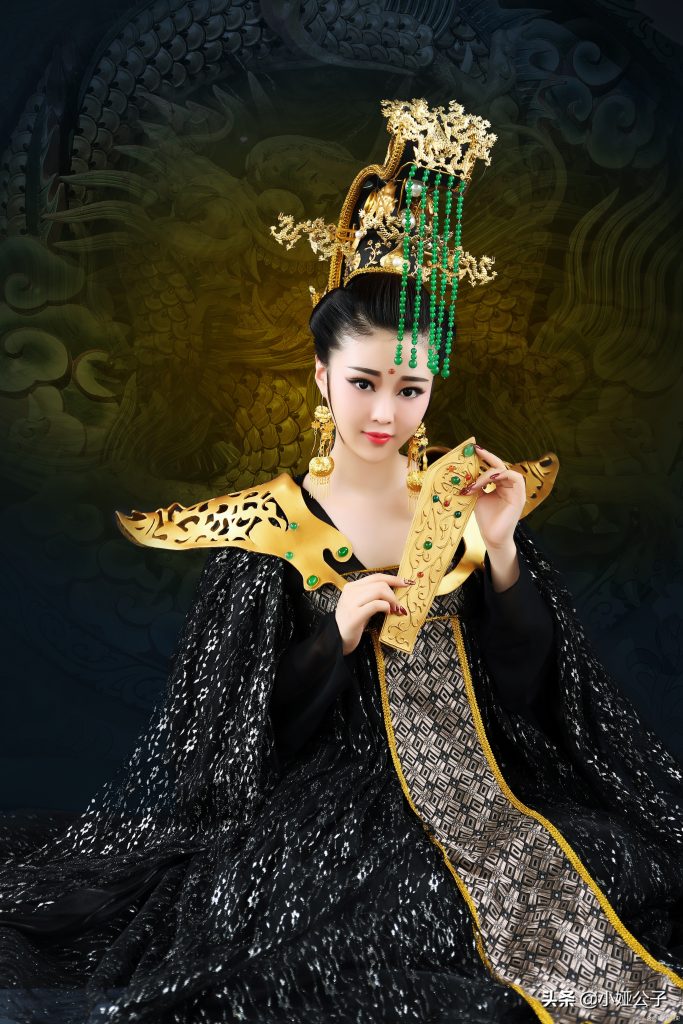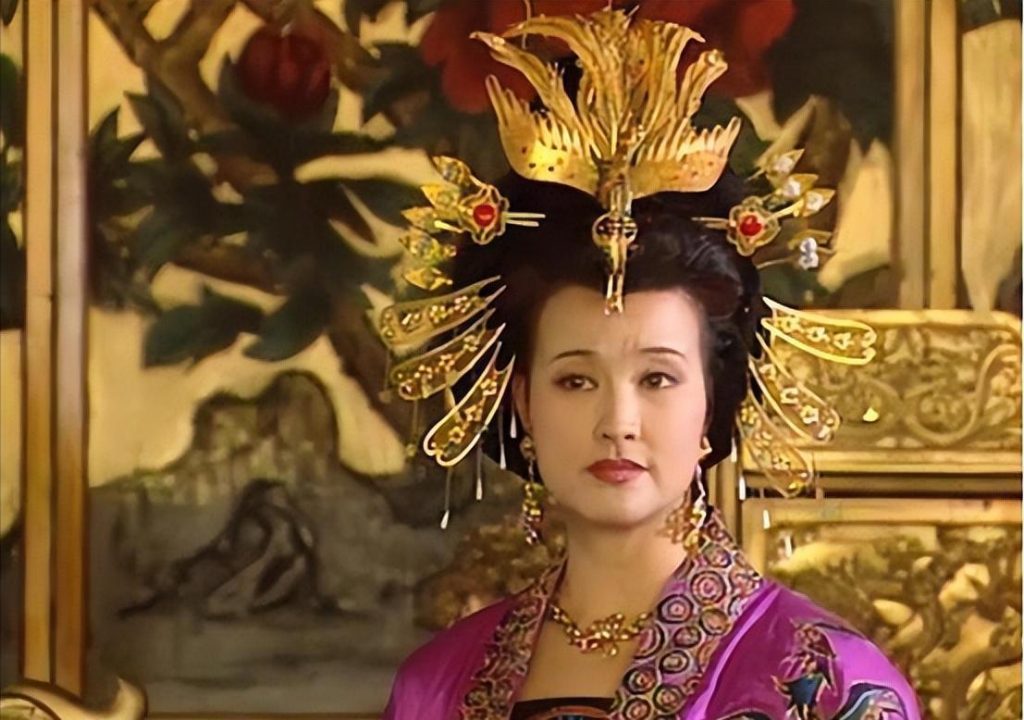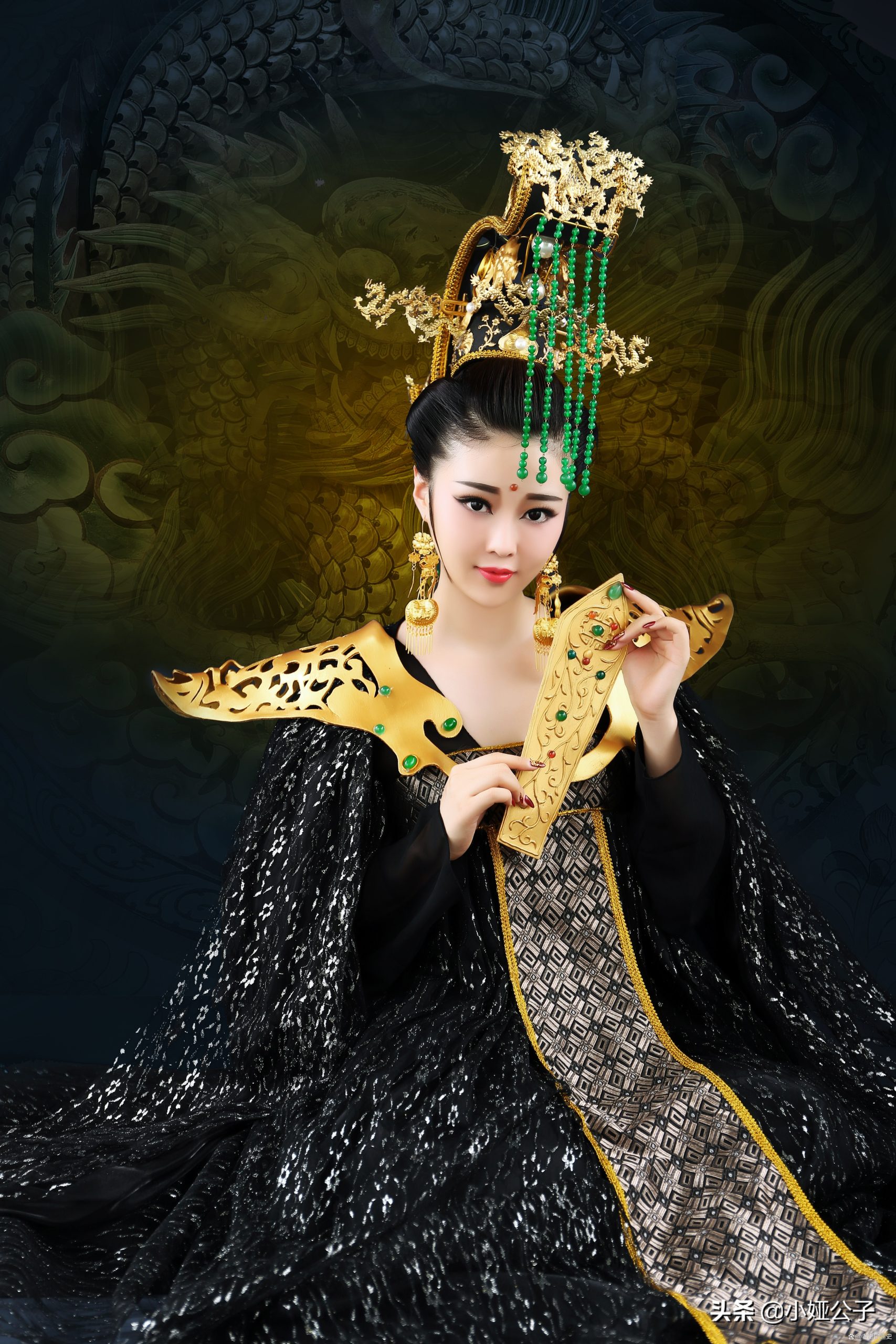Do you like the story of Li Guangbi? Today, the History Encyclopedia editor will provide a detailed interpretation for everyone~

Although the world is more familiar with Guo Ziyi, the number one hero in quelling the An Lushan Rebellion was indeed Li Guangbi. Li Guangbi has always been the main general in quelling the An Lushan Rebellion, and his military talent was the strongest at that time. The recapture of Changshan Commandery, the Battle of Taiyuan, the Battle of Heyang, and the defeat of Yuan Chao were all military achievements of Li Guangbi. Therefore, in the New Book of Tang, it is said that Li Guangbi’s “military achievements are ranked first in the revival of China”.
Li Guangbi was once a subordinate of Wang Zhongsi, the military governor of the Four Towns. At that time, Wang Zhongsi valued Li Guangbi very much and believed that ‘Guangbi must occupy my position’. Later, Wang Zhongsi was framed to death by Li Linfu, and Li Guangbi was recommended by An Sishun, the military governor of Shuofang, as the deputy military governor of Shuofang in 749. Originally, Li Guangbi was very grateful to An Sishun, but later An Sishun wanted to win over Li Guangbi and wanted to marry his daughter to him. After learning about this, Li Guangbi resigned from his official position due to illness and returned home. Later, the military governor of Longyou, Ge Shuhan, believed that Li Guangbi was a talented person and submitted a memorial to Li Longji, recalling Li Guangbi to Chang’an.
In 755, An Lushan, the military governor of Sanzhen, rebelled, and Li Longji urgently needed military commanders. Guo Ziyi recommended Li Guangbi to Li Longji, and Li Guangbi became the deputy ambassador of Hedong Jiedu, knowing the affairs of Jiedu, which was actually the Hedong Jiedu. The first battle commanded by Li Guangbi was to recapture Changshan Commandery. Li Guangbi led 5000 troops from Shuofang to attack Changshan and captured Shi Siyi. At Shi Siyi’s suggestion, Li Guangbi’s army split into four groups to confront Shi Siming’s 20000 cavalry and achieved a surprise victory, causing significant losses to the rebel forces. Changshan County has been largely recaptured. Afterwards, Li Guangbi and Guo Ziyi led their troops to victory in the Battle of Jiashan, and most of Hebei was recaptured.

Although Li Guangbi achieved partial victories, Chang’an was still about to fall. Li Longji fled to Sichuan, and Chang’an city soon fell. Afterwards, Crown Prince Li Heng usurped the throne in Lingwu and appointed Li Guangbi and Guo Ziyi as prime ministers, appointing them as Shangshu and still holding the position of Jiedushi. Li Guangbi was ordered to guard Taiyuan and intercept the rebels. In January 757, the Battle of Taiyuan officially began. Shi Siming led 100000 troops to attack Taiyuan, intending to open a gateway and advance into Lingwu. At that time, the total number of soldiers in Li Guangbi’s hands was not even ten thousand. The soldiers were afraid before fighting and wanted to build defensive fortifications to avoid the battle passively. Li Guangbi, on the other hand, believed that temporarily embracing Buddha’s feet was not feasible, and it was better to defend extensively while selectively attacking. At that time, Li Guangbi had a group of soldiers install stone cannons on the city wall to attack the rebels, while another group of soldiers dug tunnels directly to the rebel camp. Killed over 10000 rebels in one fell swoop. Moreover, at that time, there was internal turmoil among the rebel forces. An Qingxu killed An Lushan, and Shi Siming led a small group of soldiers to retreat to Fanyang. The remaining majority of soldiers faced Li Guangbi and were killed by Li Guangbi’s elite troops of over 70000 levels. The Battle of Taiyuan was a typical example of a few victories over many, greatly boosting morale and laying the foundation for the Tang Dynasty to recapture the two capitals.
But in the Battle of Xiangzhou in 759, Guo Ziyi, Li Guangbi and other nine military governors led a 200000 strong army to attack Shi Siming’s 50000 strong army. However, due to the lack of unified command in the Tang army, only a eunuch named Yu Chao’en came to supervise, resulting in a major defeat for the Tang army. Yu Chao’en attributed the defeat to Guo Ziyi, and Guo Ziyi’s military power was taken back. Li Guangbi took over the positions of Shuofang Jiedushi and Deputy Marshal of the National Army from Guo Ziyi. Becoming the most important general in suppressing rebellions, he achieved a decisive victory in the subsequent Battle of Heyang, effectively restraining the main force of Shi Siming. In this battle, Li Guangyu’s subordinates Li Baoyu, Pugu Huai’en, and others all performed outstandingly.
As Li Guangbi’s military achievements continued to accumulate, eunuch Yu Chao’en began to worry that Li Guangbi’s contributions would outweigh his own, so he caused obstacles everywhere. In the following Battle of Mangshan, due to Yu Chao’en’s and Pugu Huai’en’s favoritism, the Tang army suffered a major defeat. However, this time Tang Suzong was relatively rational and did not hold Li Guangbi accountable. Li Guangbi was able to continue leading troops to suppress the rebellion. After defeating Yuan Chao again, in 763, the desperate Shi Chaoyi was defeated and committed suicide, ending the An Lushan Rebellion.
Li Guangbi fought from the beginning of the An Lushan Rebellion until its end, deserving of the evaluation of “being ranked first in the Zhongxing Army for his military achievements”. But events such as Guo Ziyi being abandoned and Lai Cong being falsely accused and killed made Li Guangbi completely afraid of eunuchs. Therefore, after the An Lushan Rebellion, Li Guangbi retreated to Xuzhou. No matter how Emperor Tang summoned and needed him, he dared not go to meet the emperor. Although this was Li Guangbi’s passive attempt to save his life, on the other hand, it was seen by others as a sign of loyalty and self-respect. Even his former subordinates believed in him and no longer respected him, which made him depressed. He passed away in 764 at the age of 57.




